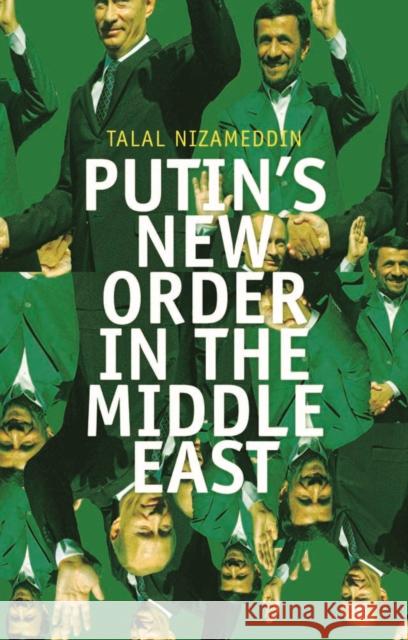Putin's New Order in the Middle East » książka
Putin's New Order in the Middle East
ISBN-13: 9781849042598 / Angielski / Twarda / 2014 / 288 str.
Vladimir Putin has almost by stealth transformed himself into an historic Russian figure. His undeniable political dominance was reflected in his return to presidential control after the March 2012 elections, having placed an obedient President Dmitry Medvedev in a stop-gap presidency. Since 1999 Putin's growing power transposed itself in foreign affairs and nowhere did Russia's re-emergence on the world stage have more impact than in the Middle East.
Russia's new role and identity had its roots in the late Yeltsin era but Putin has subtly deflated the balloon of US power by cleverly manipulating developments in the Middle East including Iraq, Lebanon, the Palestinian-Israeli conflict, the Syrian revolution and other regional issues. Yet twenty years earlier Russia was a very different place, and as it took its first fragile steps in a world full of dangers, the Middle East was not a top priority. This book charts the remarkable conversion in Russian Middle East policy that developed after the turning point in 2005-6, which mirrored Putin's turn to unbridled authoritarianism. It remains to be seen whether Putin's increasingly pugnacious Middle East policies can be reconciled with Russia's long-term interests economically and strategically.











